| dc.contributor.author | Sætre, Thomas | |
| dc.date.accessioned | 2016-09-29T07:12:21Z | |
| dc.date.available | 2016-09-29T07:12:21Z | |
| dc.date.issued | 2016-06 | |
| dc.identifier.uri | http://hdl.handle.net/11250/2411606 | |
| dc.description | Master's thesis in Offshore technology: Industrial asset management | nb_NO |
| dc.description.abstract | In modern times, the increasing use of outsourcing and specialized suppliers have changed the fundamental basics of competition in the construction industry. Rivalry is no longer limited to the firm level, as the main arena for competition now exist between supply chains seeking to outperform each other. This new dimension of competition calls for careful management of suppliers, and have directed many researchers’ attention towards the field of supply chain quality management (SCQM).
In order to strengthen the technical aspects of their supplier follow-up activities, Kvaerner have recently restructured their supply chain surveillance (SCS) function, making it a part of their Completion Department rather than their Procurement Department. This study aims to document the current structure and practices in the restructured function, and outline how altering these can enhance the supply chain’s performance, something that will provide Kvaerner with a competitive edge in the modern arena for competition.
The present thesis concludes that there exist a substantial potential for Kvaerner to improve their competitiveness through broadening the scope of their SCS activities. They can do so by extending their continual improvement process, establishing routines for conducting structured supplier evaluations, and entering closer relationships with a handful of suppliers. Implementing these measures should enhance their supply chain’s performance, and thereby reduce the life-cycle costs of future acquisitions. As Kvaerner’s SCS functions are project-specific, and thereby dissolved between projects, it is also concluded that systems and routines for transferring knowledge is essential for establishing and maintaining efficient SCS functions in upcoming projects. Due to the current state of Kvaerner’s systems and routines for transferring knowledge, the present study recommends that these are reviewed and improved to ensure that accumulated experience are carried forward in future projects. If carried out properly, this will allow Kvaerner’s SCS function to reap remarkable benefits from repeating successful practices and decisions, while avoiding already discovered pitfalls. | nb_NO |
| dc.language.iso | eng | nb_NO |
| dc.publisher | University of Stavanger, Norway | nb_NO |
| dc.relation.ispartofseries | Masteroppgave/UIS-TN-IKM/2016; | |
| dc.subject | offshore teknologi | nb_NO |
| dc.subject | driftledelse | nb_NO |
| dc.subject | supply chain surveillance | nb_NO |
| dc.subject | quality surveillance | nb_NO |
| dc.subject | supply chain quality management | nb_NO |
| dc.subject | knowledge transfer | nb_NO |
| dc.title | An Assessment of Kvaerner's Supply Chain Surveillance Function | nb_NO |
| dc.type | Master thesis | nb_NO |
| dc.subject.nsi | VDP::Technology: 500::Marine technology: 580::Offshore technology: 581 | nb_NO |
